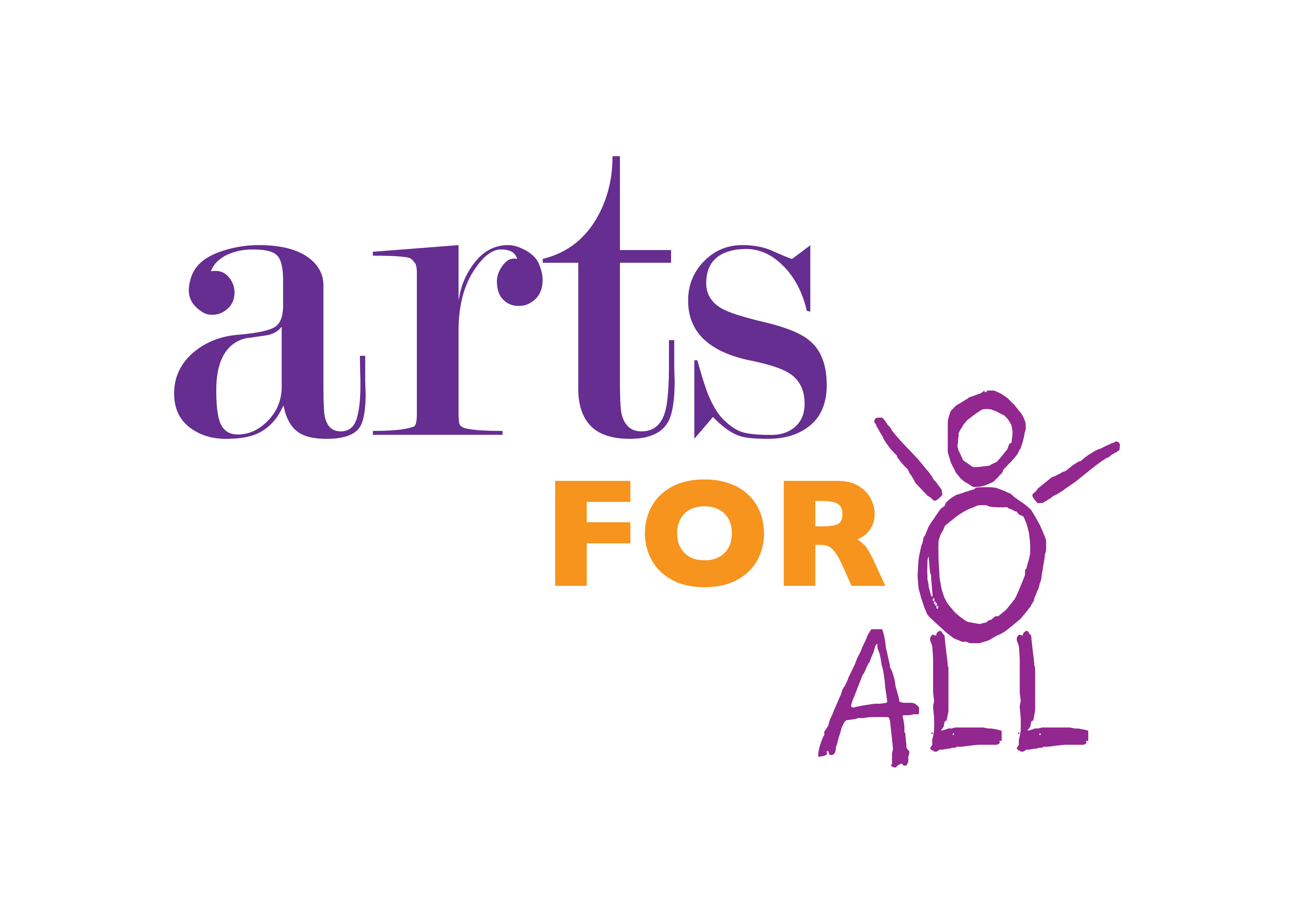
Interview by AFA Intern McKenna Dixon in Fall 2022
Q: Who are you?
Marcela: I’m Marcela, I’m originally from Colombia, and I came to New York at a very atypical time—at the beginning of the pandemic. I’ve been adapting to the city, this new life, and being a Teaching Artist in a new space, so it’s been a journey!
Q: How did you first get involved in your specific discipline of art?
Marcela: The first time that I saw a play was when I was eighteen years old, and I had already begun my undergrad. I had already started studying history, which I think complements theatre so nicely because it is another way to tell stories and understand what is happening in the world. I soon began wondering how I could build my career around theatre.
Q: What role did the arts play in your upbringing?
Marcela: In my childhood, I experienced the arts mainly through play and dance. I did not have a lot of opportunities to explore theatre arts, but I still realized that the arts are what I needed and what I wanted to do for future generations too.
Q: What is your educational background?
Marcela: Everything began in Cali, Colombia, where I’m from, and where I pursued my undergraduate degree in Dramatic Arts. Since the beginning of my education, I was very focused on education and theatre and how I could bridge those two studies. Then, I moved to Philadelphia, and although I was not involved in much theatre, I saw different kinds of arts within the community. Then, I decided to pursue my Master’s degree in Applied Theatre at CUNY, which has been the second part of my journey. I understood how to connect education and theatre, and now I can add the element of community.
Q: Did you experience a particular “aha moment” in which you realized theatre was your passion?
Marcela: It was a very gradual realization that theatre was my passion, but there have been “aha moments” here and there. For example, I was doing the last play of my undergraduate study, based on August Wilson’s Joe Turner’s Come and Gone. We translated it and put it in a Colombian context, which gave me the chance to see a different way of doing theatre. I saw new possibilities for my career, my education, and connection with the community. During this play, we had many conversations and communication with the Afro-Colombian people that helped us with the designing of the play. It was this process that made me realize how I wanted to do something related to that. I didn’t know at the moment that I was going to pursue a Master’s degree in Applied Theatre, but that was a starting point.
Q: How do the children you work with inspire you to continue being a teaching artist?
Marcela: The children inspire me in everything that they do. One of the things that I like to explore during my sessions is the agency that they can build for themselves. Every time the students say how they’re feeling, that’s very important. Hearing and listening to them advises me in my practice as well.
Q: What is one of the main takeaways you hope the students gain from your classes?
Marcela: One, that they have fun. I want them to feel that they matter, that their voices are important, and that their thoughts and emotions are valid. I also try to bring languages into class every chance that I can so that the children feel that, if they speak another language at home, they can bring it to class and feel like themselves.
Q: What drew you to Arts For All? What are you most looking forward to this year?
Marcela: When I first found Arts For All, I noticed that their mission was very aligned with what I feel arts should be. The arts should be accessible to everyone. The arts should be in the life of every single child, and I want to contribute to that. I am most looking forward to learning from the children and seeing what this year has in store!
Q: What does art mean to you?
Marcela: Art is a very huge part of my life; it’s something that I decided to have as part of every day of my life as a profession, as a way to know myself, and as a way to explore my role in society. I want to explore it in every possible way that I can, not just from a theatre perspective, but because it helps me to understand this world.
